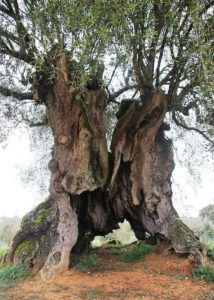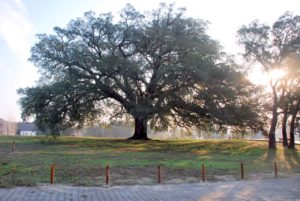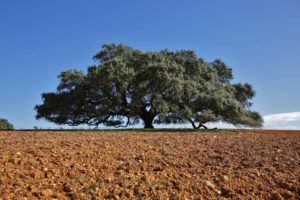A morte é a curve na estrade ( death is a bend in the road ) – Fernando Pessoa
According to the 2019 edition of the Bloomberg Healthiest Country Index, which ranks 169 economies by factors contributing to health – overweight, lifestyle, tobacco & alcohol use and quality of health care – Portugal is in 22nd place.
Neighbouring Spain – that now has the highest life expectancy in Europe – tops the list of world’s healthiest nations.
In the past decade there has been a decline in deaths from cardiovascular diseases and cancer in Spain but not in Portugal, where more than half of all deaths are caused by cardiovascular diseases (30%) and cancer (25%).
The main single cause of mortality and morbidity in the country is a stroke (10%).
 Portugal has, in fact, the highest prevalence of stroke in Europe. This is probably due to the high number of people with hypertension – one-third of the population has it but only half knows – and the excessive consumption of salt. Every hour three Portuguese suffer from a stroke, one dies and one remains disabled. In particular, women are more at risk as they grow older than men.
Portugal has, in fact, the highest prevalence of stroke in Europe. This is probably due to the high number of people with hypertension – one-third of the population has it but only half knows – and the excessive consumption of salt. Every hour three Portuguese suffer from a stroke, one dies and one remains disabled. In particular, women are more at risk as they grow older than men.
 A consequence of the widespread existence of stroke and hypertension is the frequent occurrence of dementia.
A consequence of the widespread existence of stroke and hypertension is the frequent occurrence of dementia.
Of 35 countries investigated, Portugal ranks 4th with respect to dementia as reported by the OECD (Organisation for Economic Cooperation and Development).
 Alzheimer is the most common form of dementia in Western Europe. Interesting enough, this is not the case in Portugal. A recent epidemiological study from the University of Porto and published in the American Journal of Alzheimer Disease discovered that vascular dementia (57%) is more common in the Portuguese population than Alzheimer (36%).
Alzheimer is the most common form of dementia in Western Europe. Interesting enough, this is not the case in Portugal. A recent epidemiological study from the University of Porto and published in the American Journal of Alzheimer Disease discovered that vascular dementia (57%) is more common in the Portuguese population than Alzheimer (36%).

The good news is that in Portugal nearly 2 in 3 cases of dementia can be averted by a change in lifestyle with a healthy diet and regular exercise, including a reduction of risk factors for cardiovascular diseases such as obesity, hypertension, smoking, alcohol abuse, high cholesterol, diabetes, excess of salt and stress.
Bom fim de semana Have a healthy weekend (pic Publico/Observador)

 Portugal’s oldest tree – 3350 years old – can be admired in Mouriscas, the municipality of Abrantes. As one of the oldest trees in the world, it has provided shadow to innumerous people, from Celts to Romans and from Visigoths to Arabs. This monumental olive tree is not only a contemporary from pharaoh Ramses II and Moses (1250 years B.C) but also from you and me.
Portugal’s oldest tree – 3350 years old – can be admired in Mouriscas, the municipality of Abrantes. As one of the oldest trees in the world, it has provided shadow to innumerous people, from Celts to Romans and from Visigoths to Arabs. This monumental olive tree is not only a contemporary from pharaoh Ramses II and Moses (1250 years B.C) but also from you and me. Another recent breakthrough in the green world has been the unraveling by Portuguese scientists of the
Another recent breakthrough in the green world has been the unraveling by Portuguese scientists of the  It was on the 21st of March last year that the 234- year- old cork oak from Águas de Moura, a small village in the district of Palmela, was declared ‘
It was on the 21st of March last year that the 234- year- old cork oak from Águas de Moura, a small village in the district of Palmela, was declared ‘ The Portuguese entry for this year’s event – since 2011 organized by the Environmental Partnership Organisation (EPA) in which 15 European countries participate – is once again an oak. This time the 150- year-old
The Portuguese entry for this year’s event – since 2011 organized by the Environmental Partnership Organisation (EPA) in which 15 European countries participate – is once again an oak. This time the 150- year-old